Google urged to encrypt services by security experts
A group of 38 security experts urge Google to employ encryption as a default on Google services like Gmail.

A group of 38 security and privacy researchers and academics have sent a letter to Google urging it to improve the security and privacy protection of its cloud-based services.
The open letter asked Google to enable default transport-level encryption (HTTPS) for Google Mail, Docs and Calendar. The technology already works on Google Voice, AdWords and AdSense.
It also claimed that Google's default settings put customers at risk unnecessarily. Although services are protected with user names and passwords, files are transferred to Google's servers "in the clear" potentially making it easier for hackers to try and steal the info.
"Google uses Hypertext Transfer Protocol Secure (HTTPS) encryption technology to protect customers' login information," the letter stated.
"However, encryption is not enabled by default to protect other information transmitted by users of Google Mail, Docs or Calendar."
The letter continued: "As a result, anyone who uses these Google services from a public connection faces a real risk of data theft and snooping, even by unsophisticated hackers."
The letter was co-signed by experts including BT chief security technology officer Bruce Schneier, University of Cambridge security researcher Richard Clayton, and Black Hat founder and director Jeff Moss.
Sign up today and you will receive a free copy of our Future Focus 2025 report - the leading guidance on AI, cybersecurity and other IT challenges as per 700+ senior executives
In response, Google software engineer Alma Whitten said in its security blog that HTTPS was already offered as an option on Gmail. She added that Google was looking at whether it would make sense to turn it on as a default option.
"In this case, the additional cost of offering HTTPS isn't holding us back," she said.
"But we want to more completely understand the impact on people's experience, analyse the data, and makes sure there are no negative effects. Ideally we'd like this on by default for all connections, and we're investigating the trade-offs, since there are some downsides to HTTPS in some cases it makes certain actions slower."
She added that Google was planning a trial where it would move small samples of Gmail users to HTTPS to see what their experience was like, and whether it affected email performance.
-
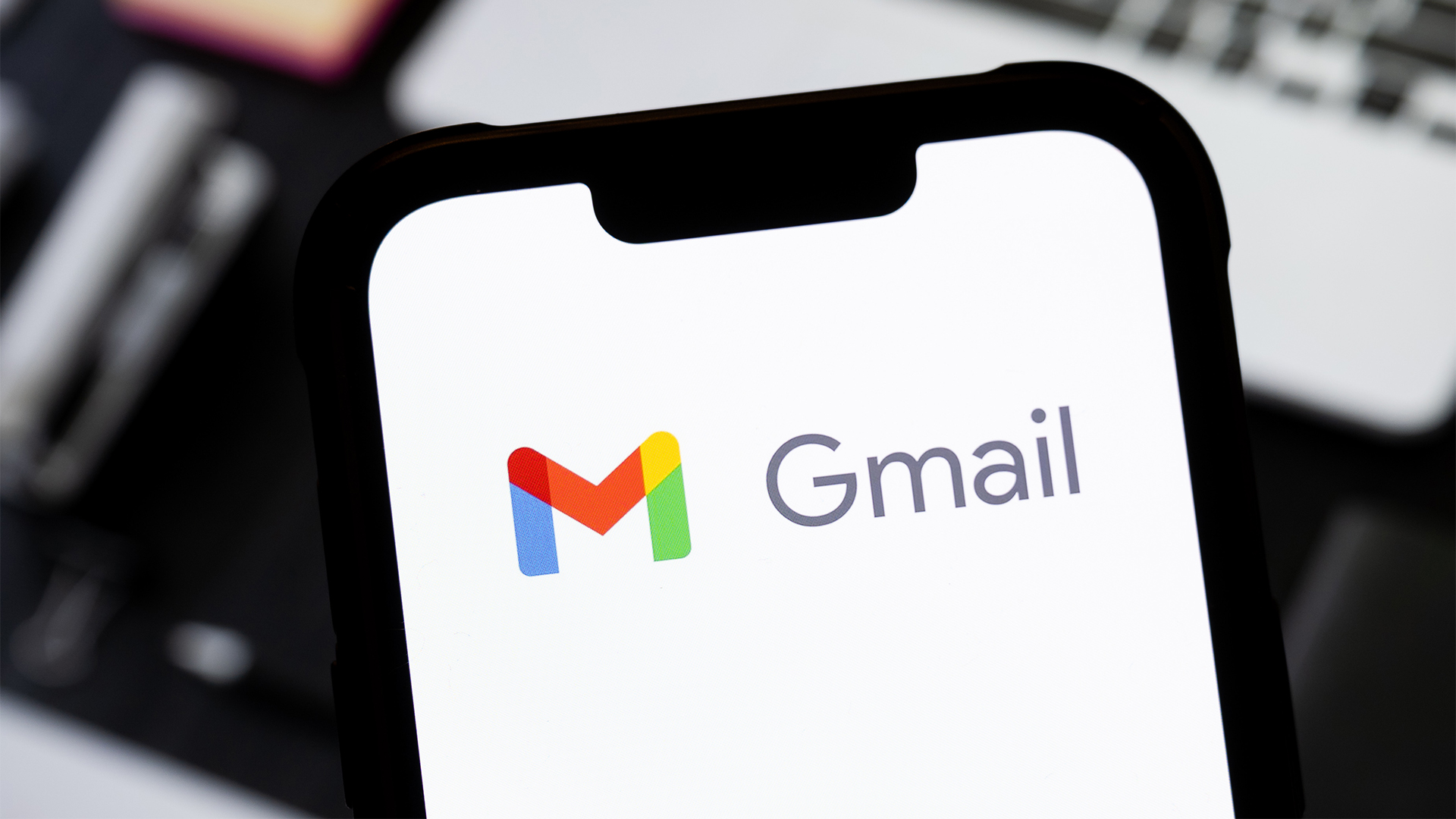 Google says reports of a 'huge' Gmail breach affecting millions of users are false, again
Google says reports of a 'huge' Gmail breach affecting millions of users are false, againNews Reports of a major Gmail affecting millions of users have been flooding the web this week – Google says they're "false" and you've nothing to worry about.
-
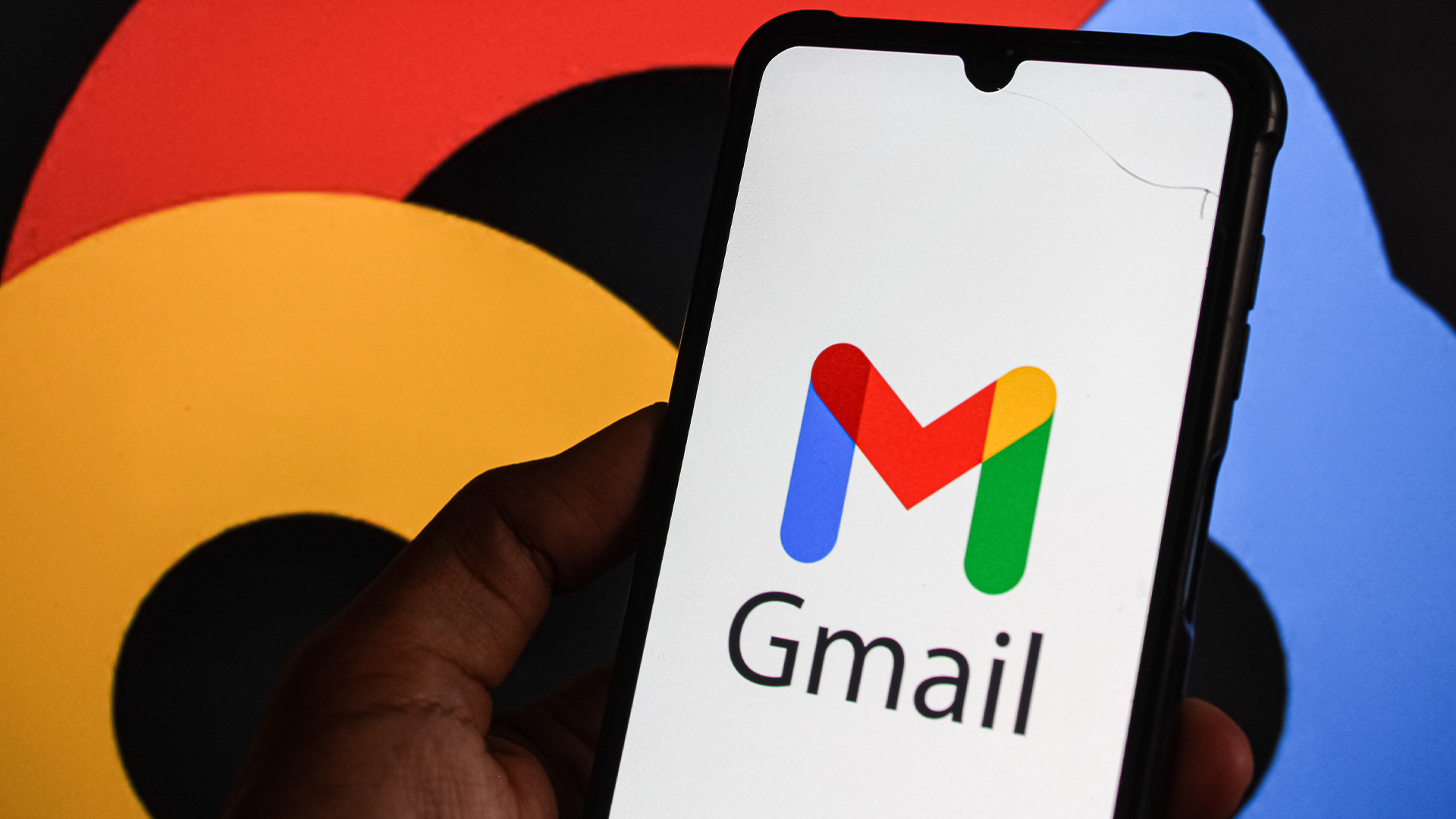 Google hits back at 'entirely false' reports of major Gmail security breach
Google hits back at 'entirely false' reports of major Gmail security breachNews Reports of a massive Gmail hack affecting billions of users have been denied by Google
-
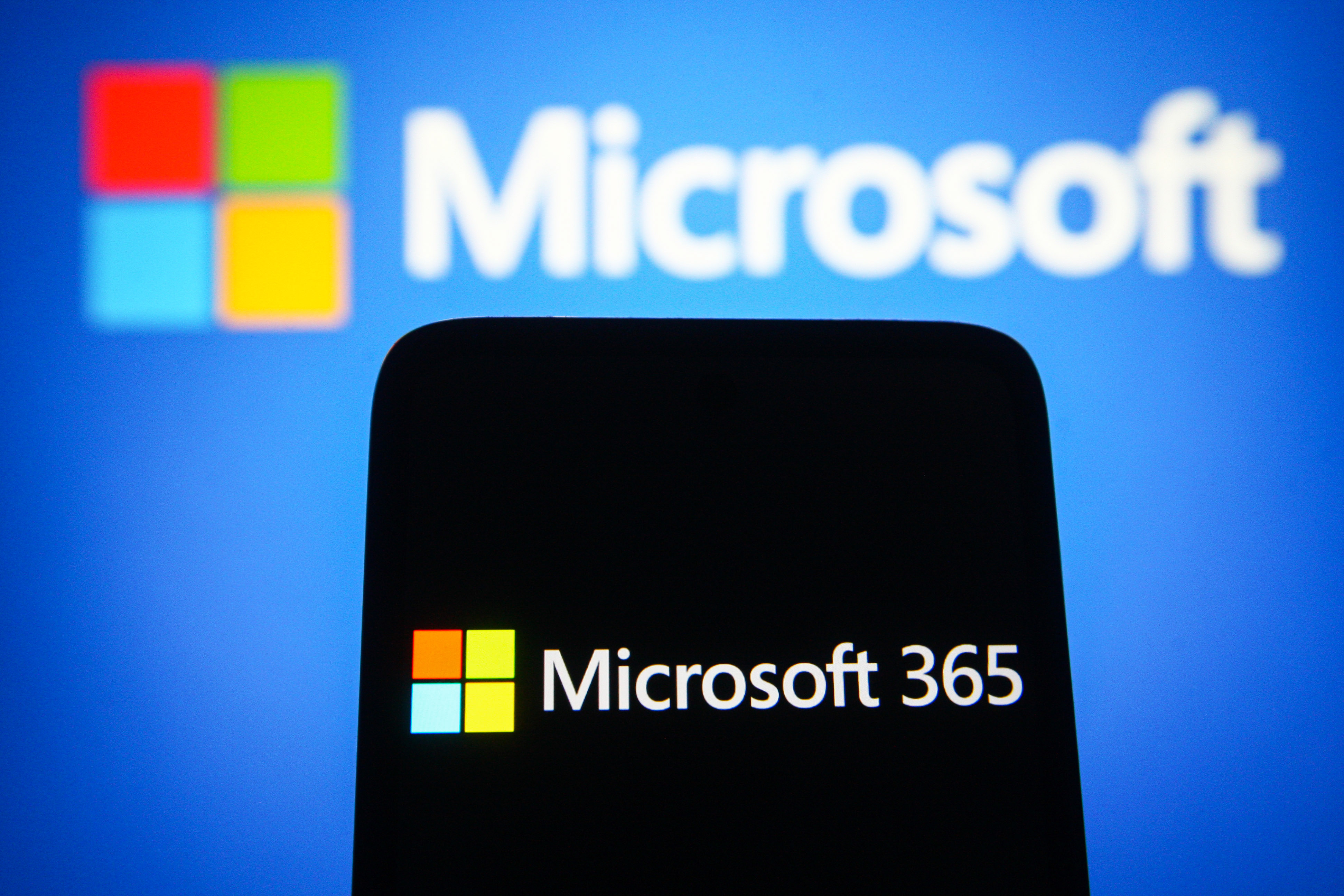 Microsoft 365 admins warned over new Gmail anti-spam rules
Microsoft 365 admins warned over new Gmail anti-spam rulesNews Microsoft 365 users have been warned they could be penalized for failing to adhere to new anti-spam standards
-
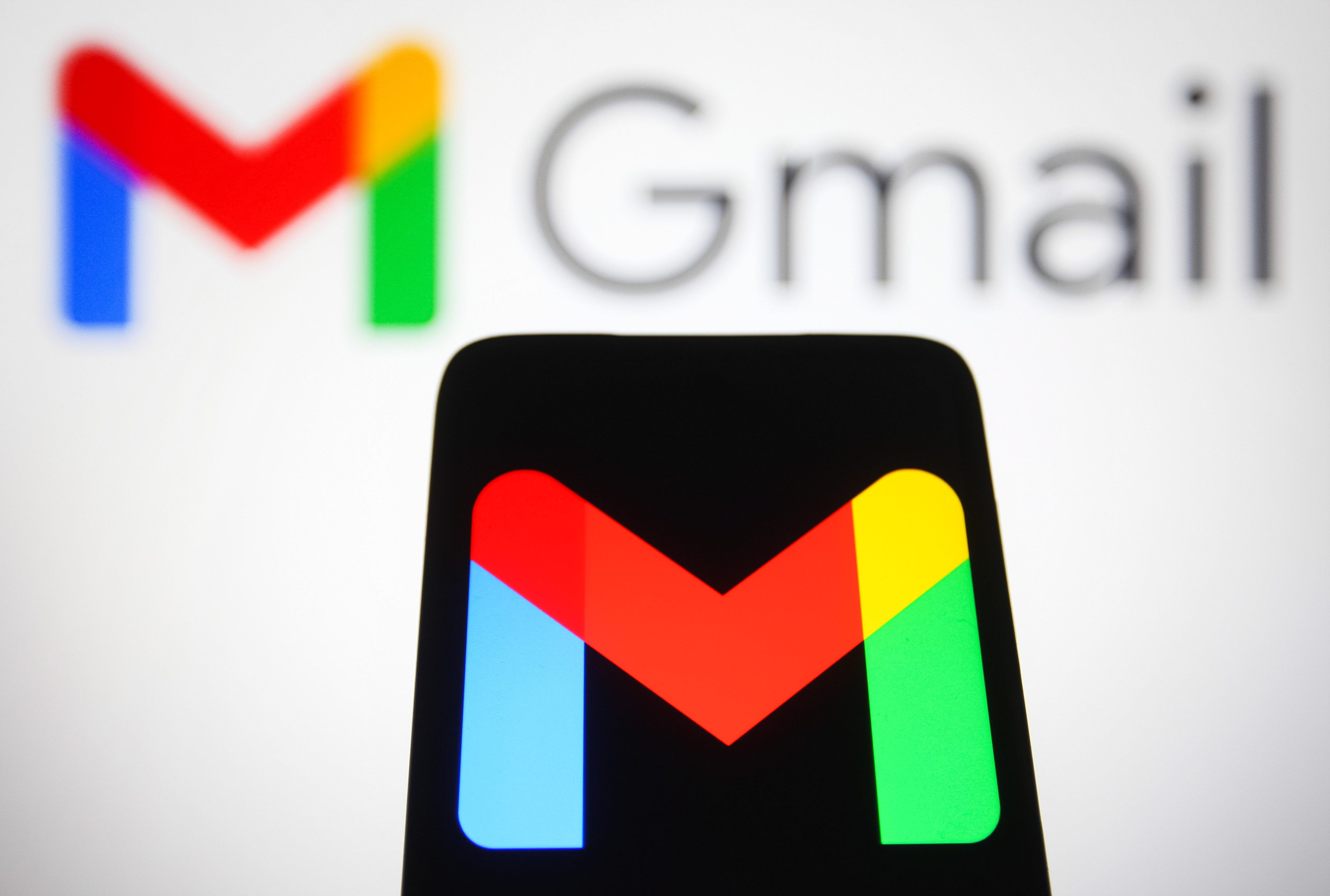 Google launches dark web monitoring tools for US Gmail users
Google launches dark web monitoring tools for US Gmail usersNews First launched for Google One customers, the dark web report service is rolling out to all US-based Gmail users
-
 North Korean-linked Gmail spyware 'SHARPEXT' harvesting sensitive email content
North Korean-linked Gmail spyware 'SHARPEXT' harvesting sensitive email contentNews The insidious software exfiltrates all mail and attachments, researchers warn, putting sensitive documents at risk
-
 Android malware campaign 'targets 1 million Google accounts'
Android malware campaign 'targets 1 million Google accounts'News Check Point says Android malware campaign can steal tokens from Google accounts
-
 Gmail will soon alert you if you receive unencrypted emails
Gmail will soon alert you if you receive unencrypted emailsNews Google researchers plan warning system to fend off malicious messages
-
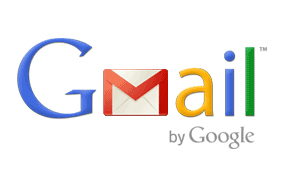 Google plays down Gmail address & password leak
Google plays down Gmail address & password leakNews Search giant claims fewer than two per cent of the five million usernames and passwords leaked would have worked

